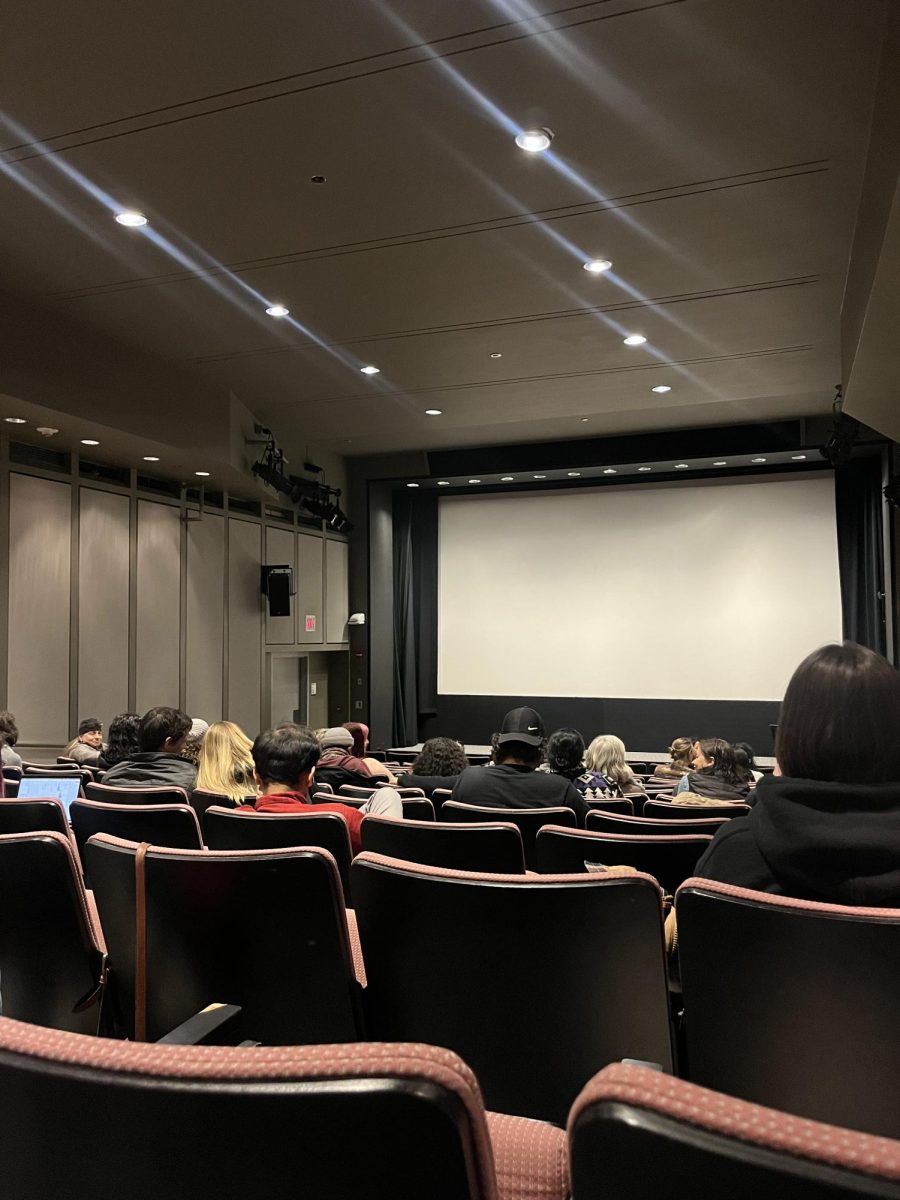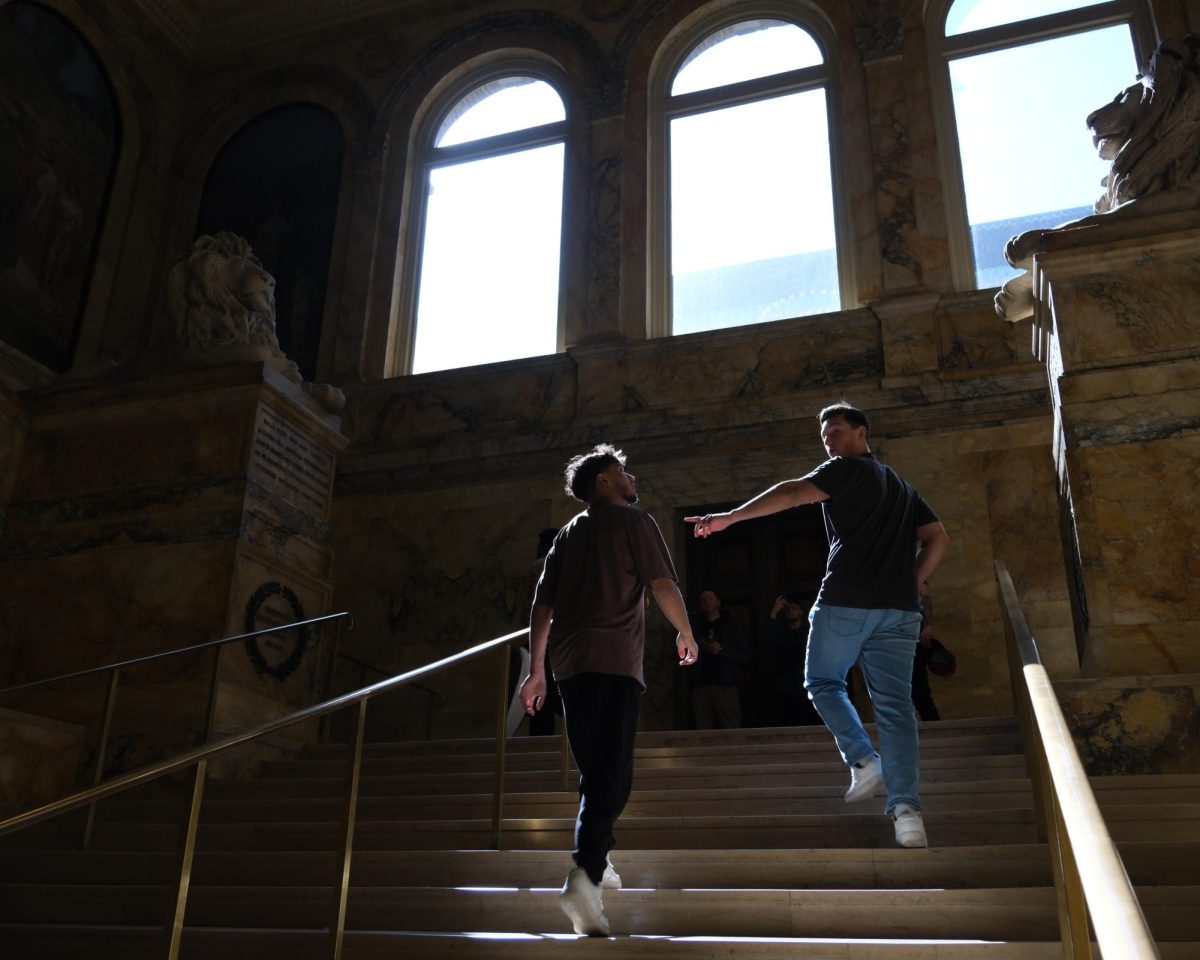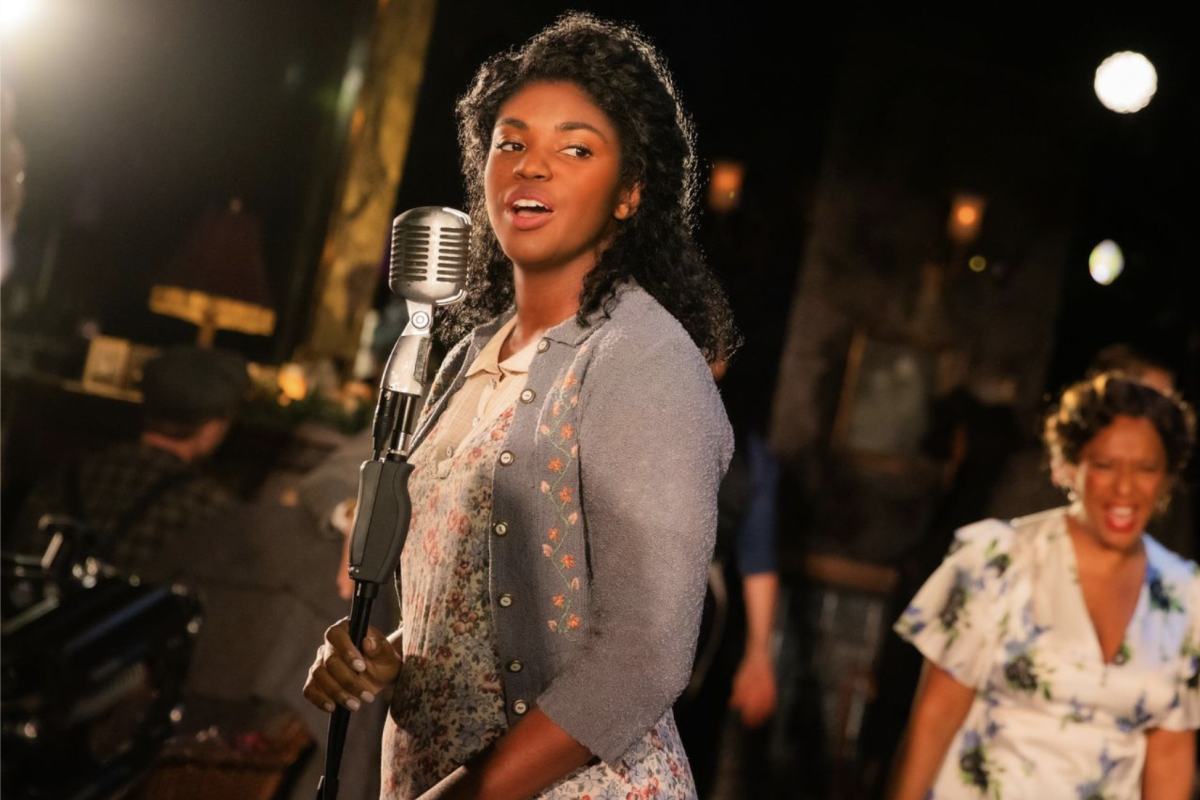Dozens gathered at the Bartos Theater at the Massachusetts Institute of Technology March 15 to screen their films at the 13th annual Women Take The Reel Film Festival.
Van Ma, a program assistant in MIT’s Women’s and Gender Studies Department, helped organize this year’s festival, which started Feb. 23 and ended March 25.
“The goal is to highlight films that touch base on feminism and gender,” Ma said. “We also look for films on race, gender, politics and marginalized groups. The films could be directed by a woman or the story can be based on any of those subjects.”
Though the focus and genre of the chosen films vary, Ma said that this is one of the benefits of the festival’s structure.
“There’s no specific movie you need to grab; there’s no right or wrong,” she said.
This variety is likely why such a diverse crowd was present. People of all genders and ages gathered to watch the film on the night’s docket: “Twice Colonized.”
The documentary feature follows Aaju Peter, an Inuit lawyer, fighting to create an Indigenous Forum at the European Union. Peter, whose son passed away while filming, also grapples with her grief alongside trauma from colonization and forced assimilation.
During the film’s one hour and 32 minute run time, the theater was silent. Following the film’s moving final scene, where Peter lets loose and dances on her balcony, the audience finally erupted with applause.
A few people left, but most stayed to participate in a Zoom Q&A with Peter following the screening. Peter’s face lit up on Zoom, sending the audience into another round of applause.
Though the film was somber and contained heavy subject matter, Peter smiled and cracked jokes throughout the Q&A.
When recounting an experience where a French woman on a train did not believe Peter was Inuit, she said, grinning, “I told her they wouldn’t let me get through the border with my furs and my dog team, which is why I didn’t have them, and she finally accepted that I was Inuit.”
Peter poked fun at these microaggressions and larger themes of generational trauma while on Zoom, similar to how she did in the film.
Peter explained that she wanted to make the film because many people in Denmark, the country that colonized Inuit people in Greenland, don’t know their country has a history of colonization.
“After giving a speech in Copenhagen, a woman in film school approached me. I told her my story and she, even having gone to school in Denmark, had never heard they were colonizers,” Peter said. “She wanted to make this film and I agreed because I thought the story of how we lost our language and culture needed to be told.”
Audience members asked several questions, and a group of students from MIT’s Native American Student Association expressed their gratitude to Peter for making the film.
Peter said she wanted audiences to take away the reality that the Inuit people experienced severe trauma and loss at the hands of their colonizers — trauma and loss they’re still working through.
Amber Orzel-Lockwood, a clinical research specialist at Boston Children’s Hospital, seemed to have come away with the knowledge that Peter hoped to impart.
“It’s good to shed light on issues that aren’t usually promoted or highlighted. It’s a way to give a voice to those who may have been left out,” she said.
Peter also emphasized the importance of educating future generations on both the atrocities of the past and how Inuit people exist in the present.
“The thinking is so far behind. We need to educate ourselves on how Indigenous people live … we don’t live in igloos anymore. We live in a normal house, like you can see,” Peter said, referencing her surroundings and demonstrating her sense of humor yet again.
“We have electricity, I have a computer, I speak English,” Peter later said, followed by more laughter.
Despite Peter’s tone, the film told a grave and pointed story — Indigenous people suffered extensive traumas at the hands of their colonizers, but they are still here and deserve a seat at the table.
Amanda Jarvis, the assistant director for Diversity, Equity, and Inclusion at MIT’s Alfred P. Sloan School of Management, attended the screening and stressed how important education at these events can be.
“All of the schools I attended when I was younger didn’t have very strong women’s and gender studies programs,” Jarvis said. “Here, you get this access to learn about different people and their experiences.”
The consensus was that these films can expand worldviews, telling stories that may otherwise go unamplified in mainstream media.
Harini Sadeeshkumar, who works as a scientist and lives in Cambridge, also stressed that she did not know the Inuit people before viewing the film. The prospect of learning more about people and groups she’s unfamiliar with has her interested in participating in the festival in the future.
“I’m super excited to come next year, it was a great experience all around,” Sadeeshkumar said.
Audience members, organizers and even film subjects, like Peter, all seemed happy to have been a part of the festival and concluded that film can be an instrumental tool in sharing lesser-known stories.
“I think it’s all about being willing to try something new and watch films you might not have before,” Ma said. “It’s so easy to watch something familiar, but going out of your way to participate is something we, as a department, love to see.”














